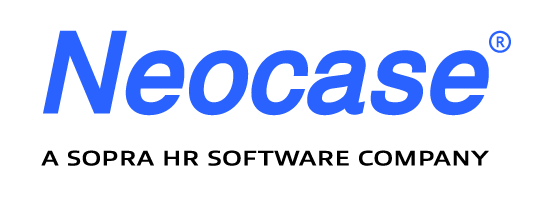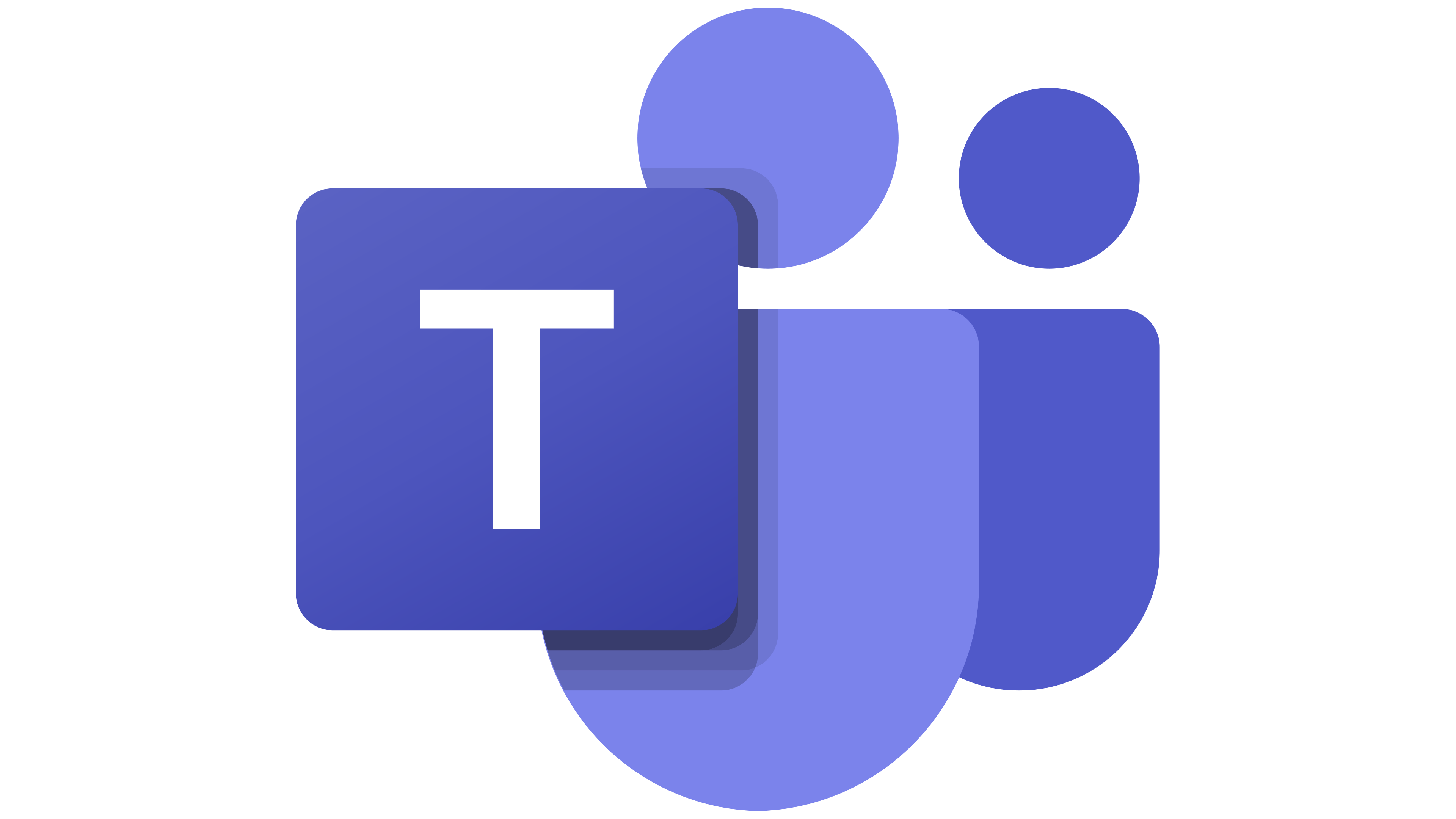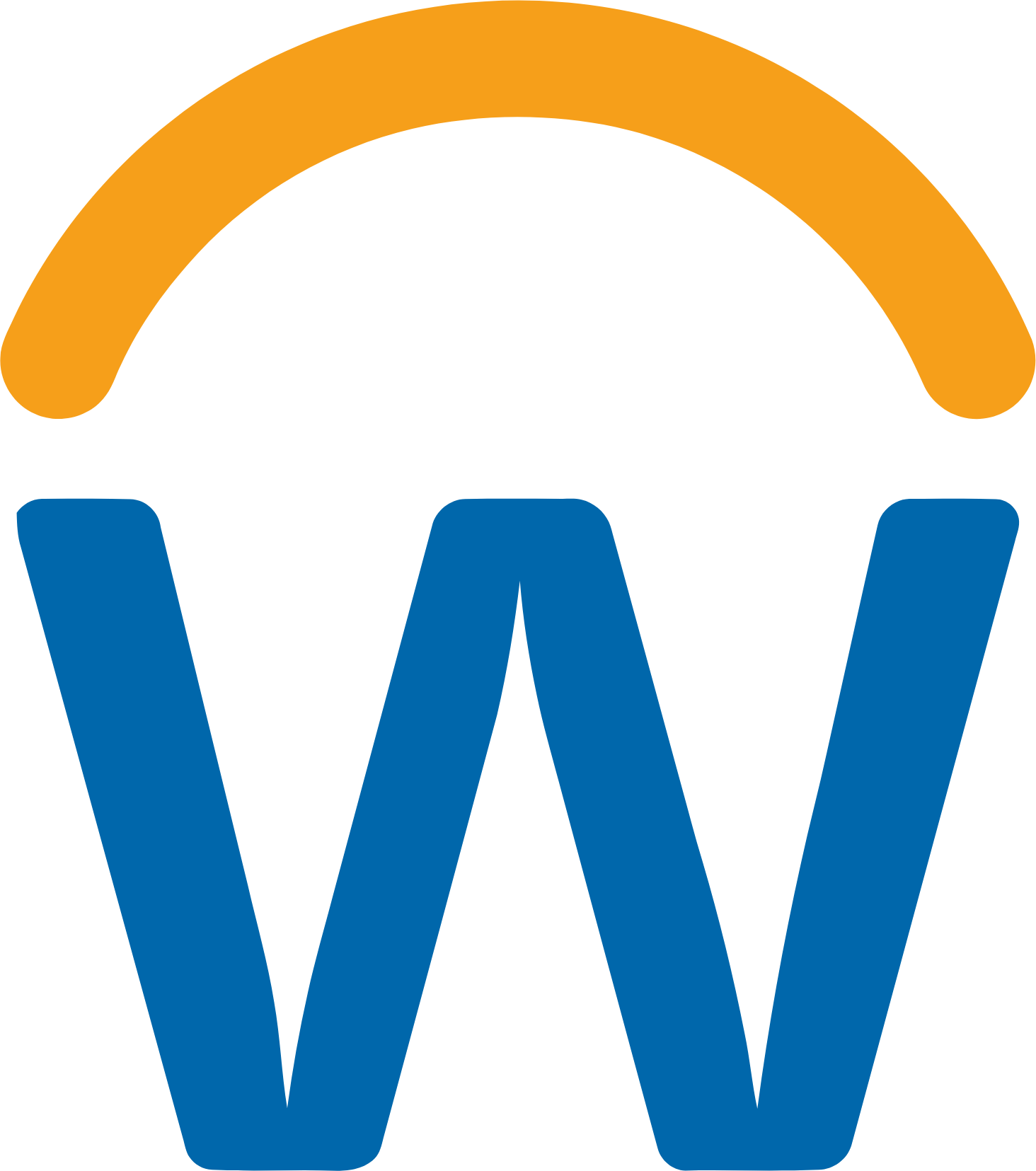As anyone who’s ever been hired by a company knows, managing human resources is a document-intensive process.
Hiring and review forms, company policies, benefits paperwork and more all require documentation that needs to be collected and stored – traditionally via hard copy. As technology evolves though – making electronic document handling and security faster and more efficient – it makes sense for organizations to transition paper records into electronic form. Archived ‘edocs’ are more efficient and cost-effective not only for human resources professionals, but for the company and its employees as well.
Improved access to information, and therefore increased productivity for those handling this information, are two obvious benefits to implementing an electronic Employee Document Management (EDM) system as part of an HR Shared Services solution; but there are a great many other benefits to be realized as well. For instance, employee data may be analyzed, processed and reported upon to spot historical and current trends to help steer decision making. Electronic data also provides more opportunity for automation and collaboration – enabling employees to work together within a cooperative system – promoting data sharing across the enterprise instead of having departmental data silos.
EDM technology integrated into an HR Shared Services System provides for streamlined behind-the-scenes employee document imaging, capture, content management, storage and retrieval – all leading to automated workflow and records management. Reduced time spent searching for documents, less duplication of information, quicker document processing and routing, fewer data errors and higher levels of satisfaction and productivity are just some of the benefits realized by organizations implementing EDM.
From a strategic perspective, a firm leveraging an HR Shared Service System augmented by Employee Document Management realizes measurable gains in employee satisfaction, engagement and productivity as well as cost savings from the time, space and materials needed to manage and store paper documents. Plus, the information collected and stored may be analyzed in conjunction with other departmental and market data; providing a more comprehensive picture of the firm’s overall health and status – to help guide decisions and planning for the future.
Organizations making the leap to electronic EDM as part of an HR Shared Services System will reap the benefits and have a competitive advantage over those who don’t. A comprehensive solution of this type helps ensure the ongoing health and well being of a company and its employees through better communication and data access – for enhanced employee engagement and decision making.

 Microsoft Teams
Microsoft Teams
 Workday
Workday